Russia's ISS module leaked coolant on October 9, less than a year after two other Russian spacecraft docked to the station experienced problems.
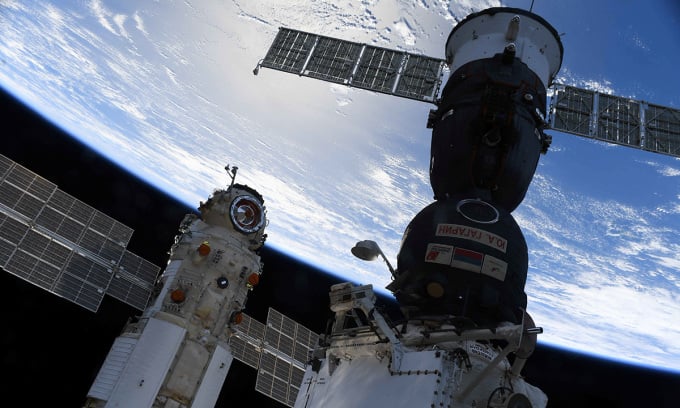
The Nauka module docks with the International Space Station (ISS) next to the Soyuz MS-18 spacecraft on July 29, 2021. Photo: Oleg Novitskiy/Roscosmos/Reuters
During NASA’s live stream of the International Space Station (ISS) on October 9, experts detected pieces of frozen coolant from the station spewing into space. The incident was confirmed in a radio conversation between mission control in the US and the astronauts.
"The Nauka module of the Russian part of the ISS has a coolant leak from the external (backup) radiator," the Russian space agency Roscosmos wrote on Telegram. The agency added that the temperature in the affected area remains normal and the astronauts are safe. Nauka, which means "science" in Russian, is also known as the Multipurpose Laboratory Module (MLM), and is scheduled to launch in 2021.
This is the third coolant leak from a Russian spacecraft in less than a year. On December 15, 2022, NASA broadcast images showed snow-white particles spraying from the back of the Soyuz MS-22 spacecraft (docked with the ISS). The cause of the incident is believed to be a collision with a micrometeorite. Soyuz MS-22 then had to return to Earth without carrying any people. A few months later, another spacecraft was launched to replace it. The incident forced two Russian cosmonauts and an American astronaut to extend their mission beyond the plan and stay on the ISS for a year.
In February 2023, a similar leak occurred on the Russian Progress MS-21 cargo ship, which docked with the ISS last October.
Space analyst Jonathan McDowell said that three leaks meant it was not a coincidence but a systemic problem. He suggested that a subcontractor was at fault. "This highlights the declining reliability of Russian space systems. Combined with the failure of the lunar mission in August, things don't look good," McDowell said.
Thu Thao (According to Guardian )
Source link





![[Photo] Overcoming all difficulties, speeding up construction progress of Hoa Binh Hydropower Plant Expansion Project](https://vstatic.vietnam.vn/vietnam/resource/IMAGE/2025/4/12/bff04b551e98484c84d74c8faa3526e0)

![[Photo] Closing of the 11th Conference of the 13th Central Committee of the Communist Party of Vietnam](https://vstatic.vietnam.vn/vietnam/resource/IMAGE/2025/4/12/114b57fe6e9b4814a5ddfacf6dfe5b7f)
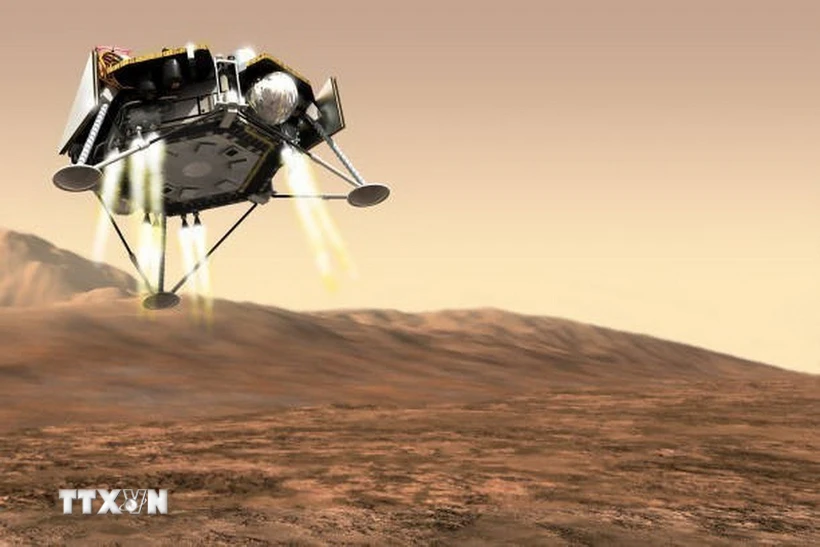

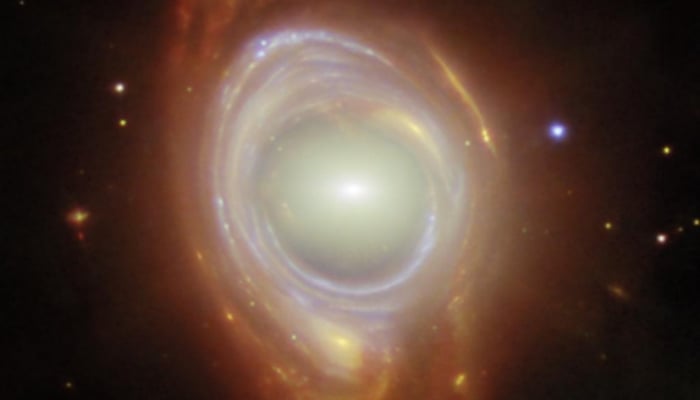

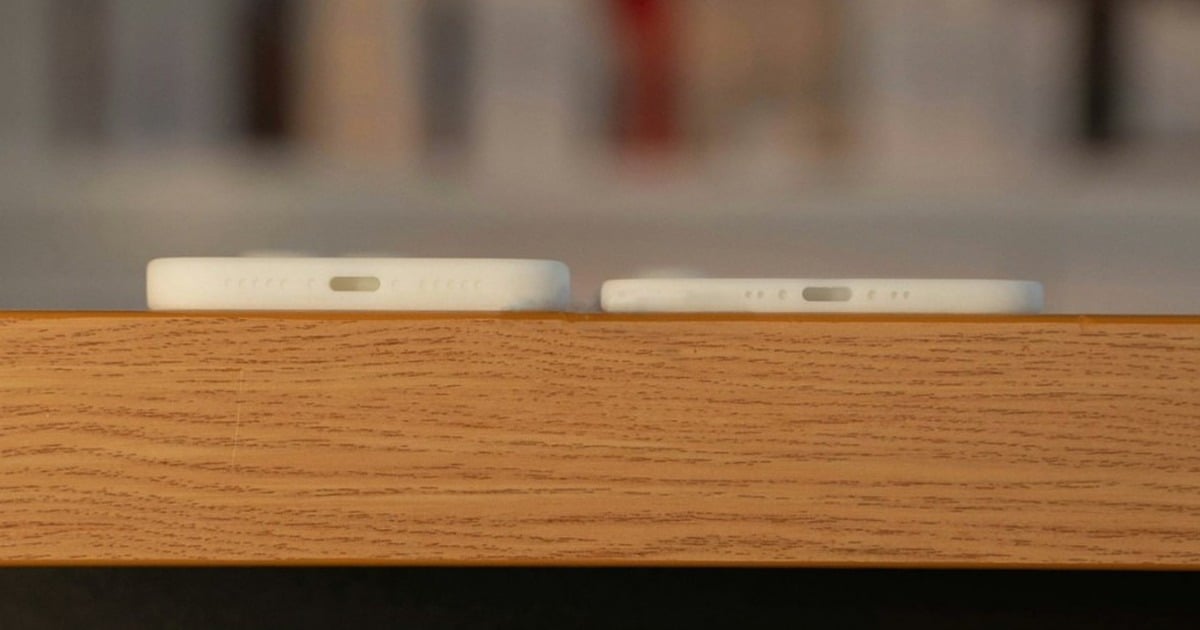

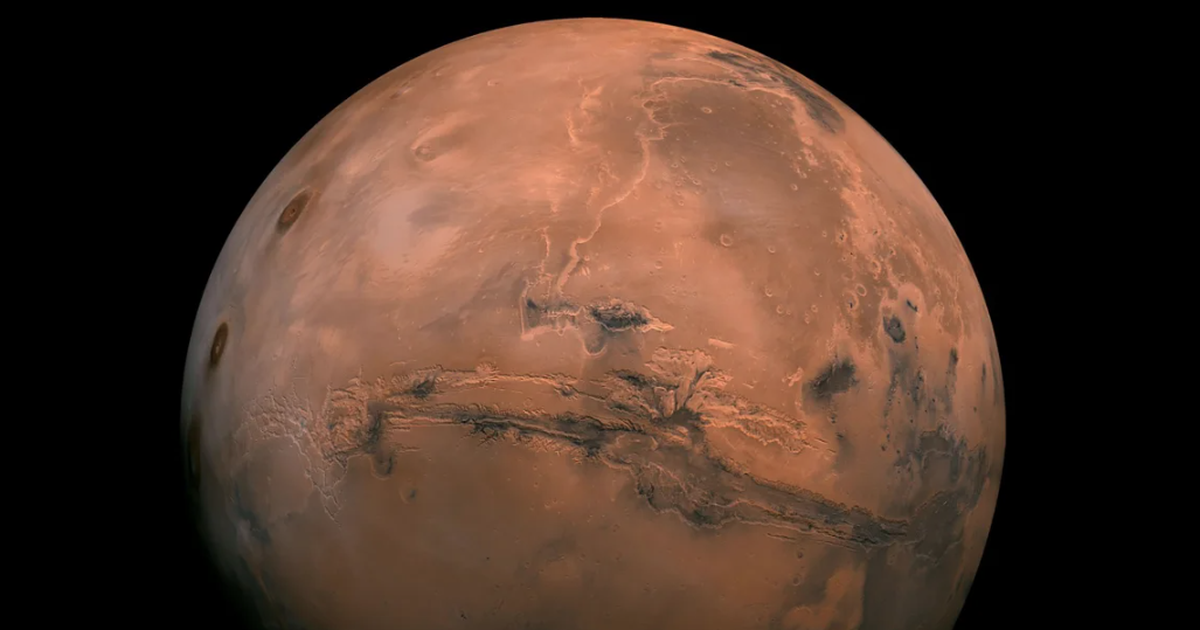
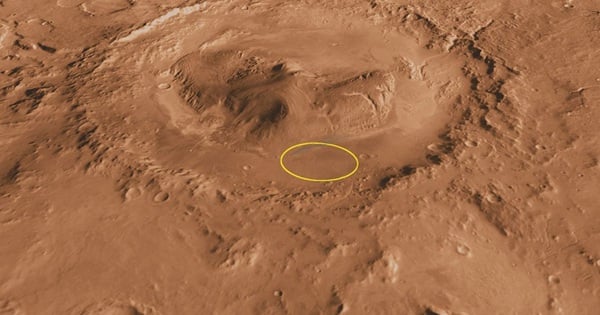

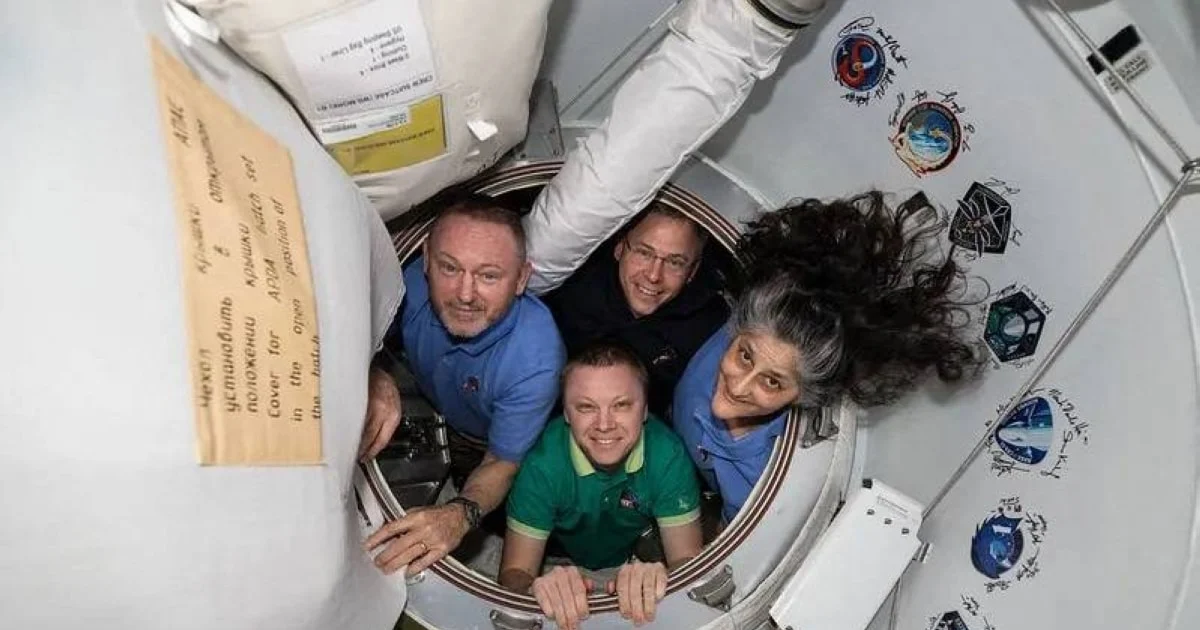




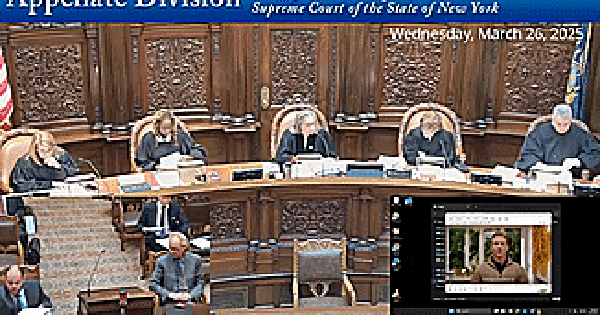

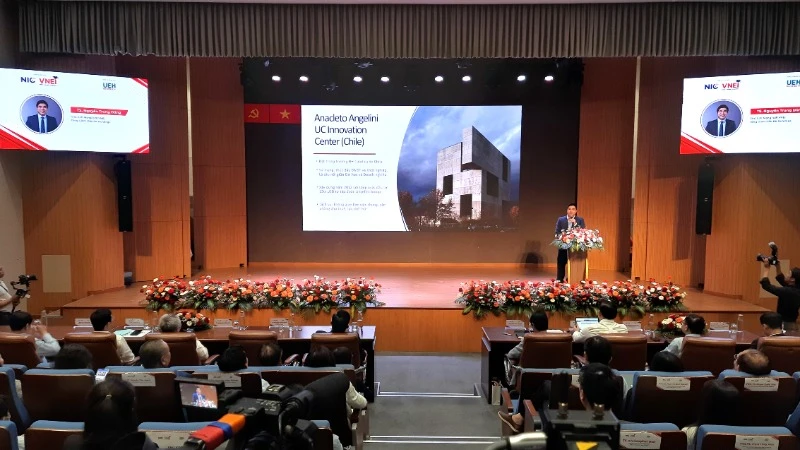



















































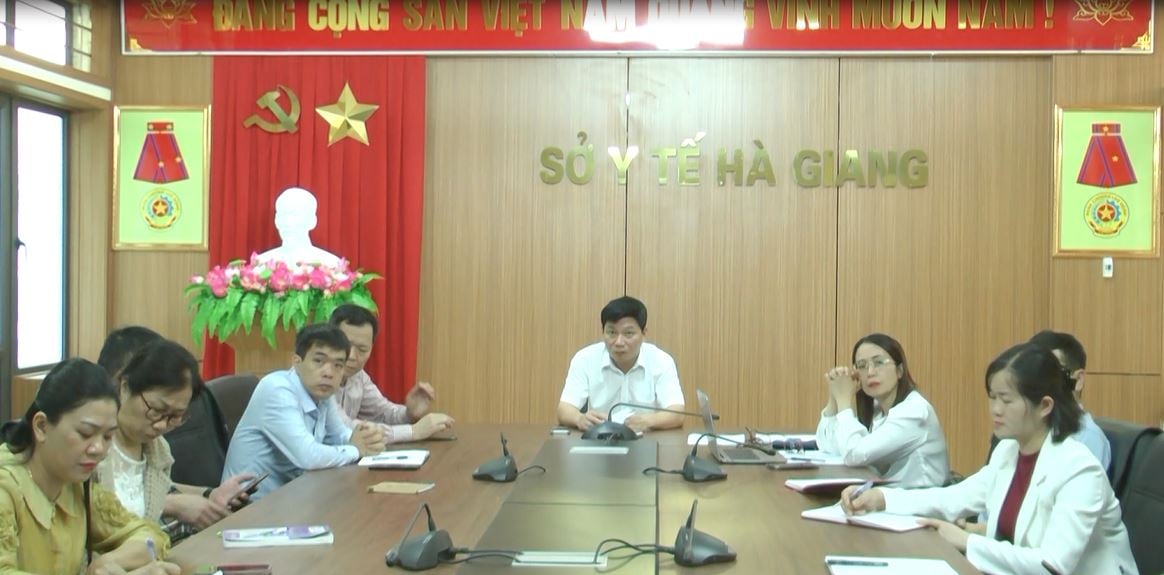
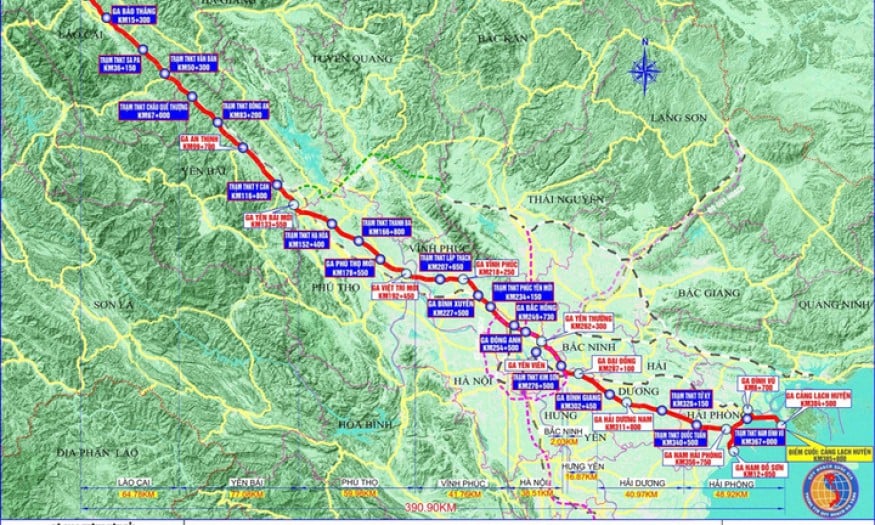




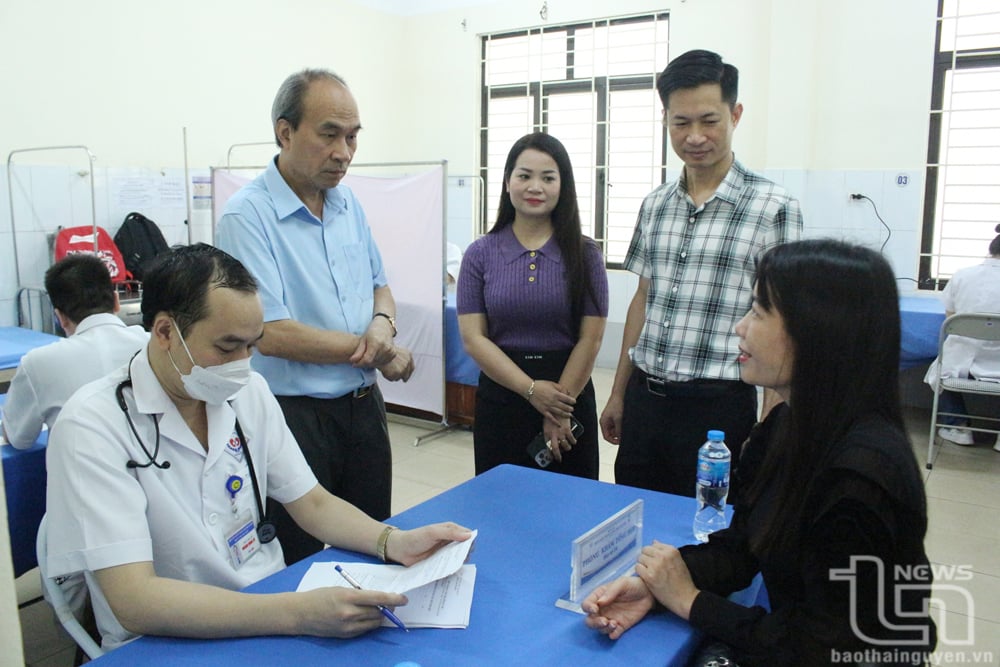












Comment (0)